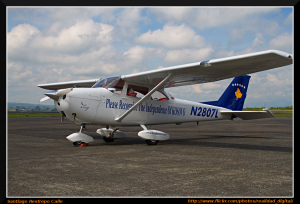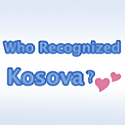 By far the best organized welcoming has been here Lausanne, Switzerland. I guess it is fitting since this is the place where I first started down my path as a pilot. Aside from my young life in Kosovo, it is Lausanne that I consider as the place that has made me who I am today.
By far the best organized welcoming has been here Lausanne, Switzerland. I guess it is fitting since this is the place where I first started down my path as a pilot. Aside from my young life in Kosovo, it is Lausanne that I consider as the place that has made me who I am today.
Our great friend Tom Duhani from Detroit had organized a wonderful homecoming with our Ambassador Naim Malaj and all the diaspora. More than thirty people were present and I am very grateful that the airport officials in Switzerland were understanding and kind enough to allow us the freedom to gather and celebrate this very important milestone.
As I was approaching the Swiss border, tears of joys began flowing from my eyes. Many, many times during the mission I thought this day would never arrive. All of the struggling that has happened over the past year seemed to disappear as I hugged all of the family and friends that welcomed me home. Having my nieces and nephew beside me again was priceless – the powerful emotions of the moment will be engrained in my mind for many years to come.
It is a joy to know that our mission has touched many lives and has become part of their lives as well. Thanks to everybody for the great dinner.What a joy this has been despite the year long struggle. Next stop is Kosova with a technical stop in between.
From the bottom of my heart, thank you all.





